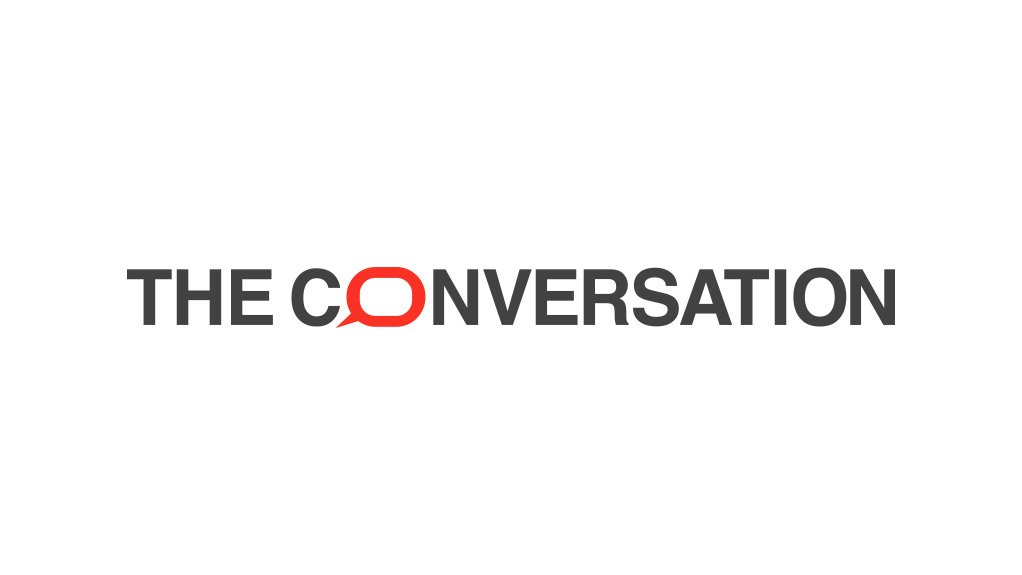Economic growth has been slow since a recession in 2008. The annual growth rate averaged 1.1% between 2009 and 2021, slowing to 0.6% in 2023.
Unemployment remains stubbornly above 30%. It was 32.9% in the first quarter of 2024.
The country’s Gini coefficient, a measure of how income is distributed across the population, is estimated to be 0.63, one of the worst in the world. Poverty levels remain high too. A large number of people live in extreme poverty. According to Statistics South Africa, an estimated 40.0% of the population (or 25-million people) have a monthly consumption expenditure of below R9 096 (which is used as the lower-bound poverty line). And 55.5% of the population falls within the upper-bound poverty line, with monthly consumption expenditure of below R13 656.
This is despite government’s extensive spending on social assistance and other support mechanisms. In the 2023/24 fiscal year, there were 18.8-million social grant beneficiaries (about 35% of the population) with an annual cost to the fiscus of R217.1-billion. This is expected to increase to R259.3-billion in 2026/27.
Social support also includes spending on health, education, social protection, community development and employment programmes which protect the most vulnerable groups. In addition, the government has extended the Social Relief of Distress Grant which was introduced during the Covid pandemic.
Based on my research as an economist for the last 20 years, I believe the government won’t make much progress in reducing unemployment, inequality and poverty unless it adopts a different strategy – one that targets extreme poverty reduction explicitly.
In a recent paper, colleagues and I identify key conditions for reducing extreme poverty through social transfers. We designed an economic simulation model to track the effect of increasing social grants to very poor South Africans to move them out of extreme poverty. This would be done by transferring an average of R4 020 to every extremely poor South African. Based on our assumptions, about 25 million individuals would be eligible for this social transfer.
Moving about 25-million South Africans out of extreme poverty would cost on average US$6.5-billion per year. We argue that this cost is worth carrying. Our model also showed that, under certain conditions, poverty-alleviation social transfers can be good for the broader economy.
Additional benefits
We know that social grants are important instruments to fight poverty and inequality in South Africa. They can produce sizeable multiplier effects in the economy.
But we wanted to know more about how society benefits when a large share of the public budget is transferred to poor households.
What makes the model we built to explore this different is that we simulated the economic implications of a hypothetical South Africa with lower poverty and inequality outcomes. More precisely, we set the poverty headcount rate at the lower-bound poverty line at 5.0% under both unconstrained and constrained scenarios. This is the conventionally accepted definition of extreme poverty eradication.
The tool combined a macroeconomic model to project the economic impacts and a micro-simulation model to work out the poverty and inequality effects.
We tested a combination of policy options, including social grants, and their multiplier effects and funding implications. We considered two financing scenarios: one that involved a budget deficit and one which was budget-neutral.
Under a budget-neutral scenario, funding for interventions would be taken from budgets allocated for other purposes and put towards poverty alleviation instead.
Key findings
The model showed that the South African economy, measured by the level of gross domestic product (GDP), would grow faster (by 0.5 percentage points) when the transfer was designed to support poor people’s progressive engagement in economic participation rather than simply providing them with a basic cash grant. This can be done, for instance, by expanding and upgrading the current social assistance schemes such as the public work programmes. These have been shown to have positive outcomes for economic participation.
When people who receive income transfers are able to work, they contribute to a higher supply of goods and services as well as to higher demand.
The inflationary effects, in particular food price increases, are limited under this scenario.
On the other hand, GDP deteriorates by 1 percentage point when there is no requirement or condition for participation (when grant recipients still don’t have a job). Under this scenario food demand increases and related price increases contribute to reducing consumers’ purchasing power.
What needs to be done
Our model shows how poverty-alleviation social transfers can have positive economic outcomes under two conditions.
First, the expansion of the grant lifting approximately 25 million South Africans above the lower-bound poverty line of R9 606 has to be done under a budget-neutral funding arrangement.
Second, the transfer has to be made with a requirement that there is an increase in the economic participation of extremely poor beneficiaries. In other words, the grant only has a positive effect if the very poor beneficiaries can find work or are required to participate in a certain kind of public work activity.
The fiscal cost of the poverty alleviating grant transfer would be around 1.6% of GDP or 4.9% of public expenditure. This would mean increasing social spending by 4.9%. Alternatively, spending on other areas would have to be cut by the same proportion.
In either scenario, the findings show that this constraint might even be relaxed if the fiscal transfer enabled poor people to get work or if the cash transfer was conditional on recipients doing certain work.
In our view the benefits of this are massive in terms of extreme poverty eradication.
Written by Ramos Emmanuel Mabugu, Professor, Sol Plaatje University
This article is republished from The Conversation under a Creative Commons license. Read the original article.











